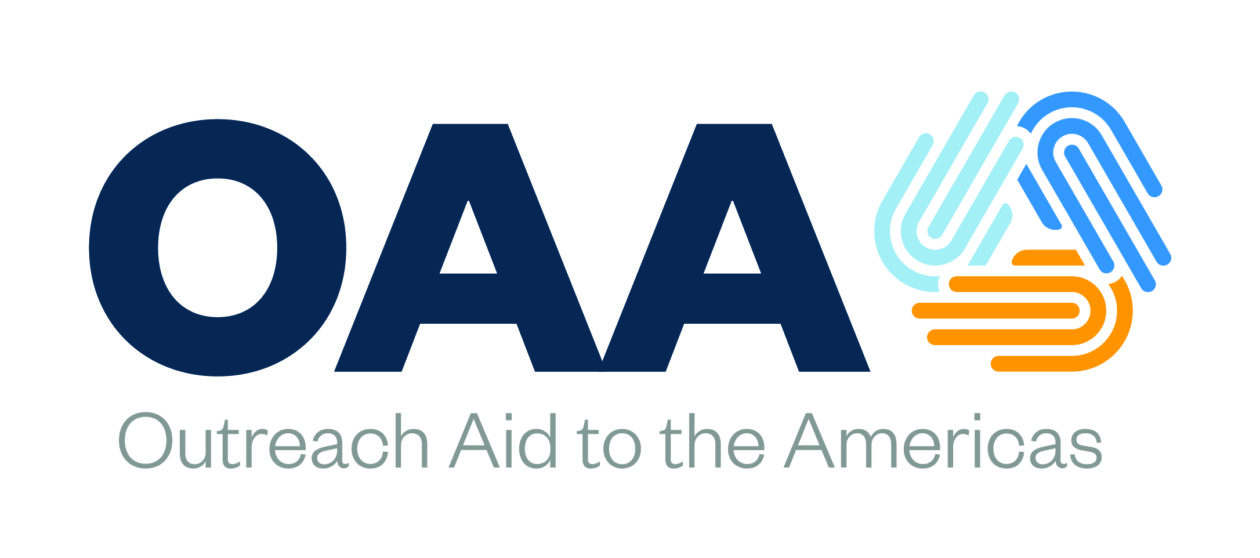Opinion: U.N. unleashes new ally in fight against religious repression in Cuba — finally
BY TEO BABUN
NOVEMBER 14, 2019 06:18 PM

As the United Nations Special Rapporteur for Cuba, Ahmed Shaheed is monitoring religious repression on the island. OFFICE OF THE UNITED NATIONS HIGH COMMISSIONER FOR HUMAN RIGHTS
Ahmed Shaheed, the United Nations Special Rapporteur (UNSR) for Cuba, reports that current laws in Cuba allow the government to prohibit and penalize a broad range of protected religious activities. Large-scale detentions increased in 2016 and 2017, and the government even detained the entire congregation of the Emanuel Apostolic Church in Santiago, destroying their building and confiscating church property.
Shaheed’s report marks a promising shift. Though Cuba is widely acknowledged to be the Western Hemisphere’s worst abuser of fundamental freedoms, until recently the United Nations, including past UNSRs entrusted with monitoring and reporting on freedom of religion and belief worldwide, has paid scant attention to deplorable repression on the island.
For years, U.N. human-rights accountability mechanisms routinely have failed to flag widespread, systematic and well-documented repression of churches, congregations, religious leaders and worshipers by the Cuban government.
Shaheed previously served five years as UNSR for human rights in Iran/ He now is broadening his office’s focus to Cuba for the first time. A highly respected academic and senior government official, he has the well-earned reputation as a tough, fair-minded advocate for individuals who demand the freedom to practice the religion they choose. At long last, the U.N. is deepening its engagement with global religious communities that grapple with poorly understood challenges to their right to religious freedom. My organization, EchoCuba, is encouraged to see a man such as Shaheed in this crucial role.
Like many Communist governments, the Cuban government uses a defensive playbook to stymie anyone who strives to expose its numerous human-rights abuses. It maintains that critics of its harsh treatment of “counterrevolutionaries” — people who express political opinions that don’t follow Socialist dogma, groups that practice faiths of which the government disapproves — are just patsies under a U.S.-led campaign aimed to support regime change.
Indeed, Cuba always maintains that it is unfairly targeted. Shaheed knows otherwise. In his 2019 report, he observes that Cuba’s penal code allows imprisonment of people whose religious beliefs conflict with the nation’s Socialist principles related to education, labor, defense and reverence of symbols. From our work in Cuba for more than 25 years, we welcome Shaheed’s findings, still knowing they provide only an initial rough sketch of rampant abuses that continue today.
Dedicated organizations such as Christian Solidarity Worldwide (CSW) are reporting an uptick in repressive government practices that violate freedom of belief around the world. As recently as July and August, CSW documented several cases of arbitrary detentions, church property confiscation, harassment, threats, worshippers prevented from attending church services, religious leaders blocked from traveling abroad and religious events that were forced to cancel.
CSW and other international observers have identified a large number of Cubans languishing in the government’s vast prison population, punished for purely political and/or religious reasons. Cuba’s religious freedom regulator, the Office of Religious Affairs, its prosecutors and police, use extra-legal, opaque administrative rules and procedures to target and punish Cubans who have the courage to exercise their right to freedom of religion and to associate with churches the government does not sanction.
Shaheed has requested that the Cuban government approve an official fact-finding visit to the island next year. We know he will bring the same integrity and tenacity to Cuba that he has to other parts of the world. We trust he will expand his review of religious repression, documented daily by Cuba’s dedicated defenders, and engage directly with the government to eliminate religious repression.
It is long past time for all UNHRC members to call out Cuba — ironically a UNHRC member itself — on its atrocious behavior. Continued failure to do so would undermine the integrity of what should be the world’s premier human-rights council and betray ordinary Cubans who simply want to practice the faith of their choice.
Link to Op-Ed: https://www.miamiherald.com/opinion/op-ed/article237374334.html
